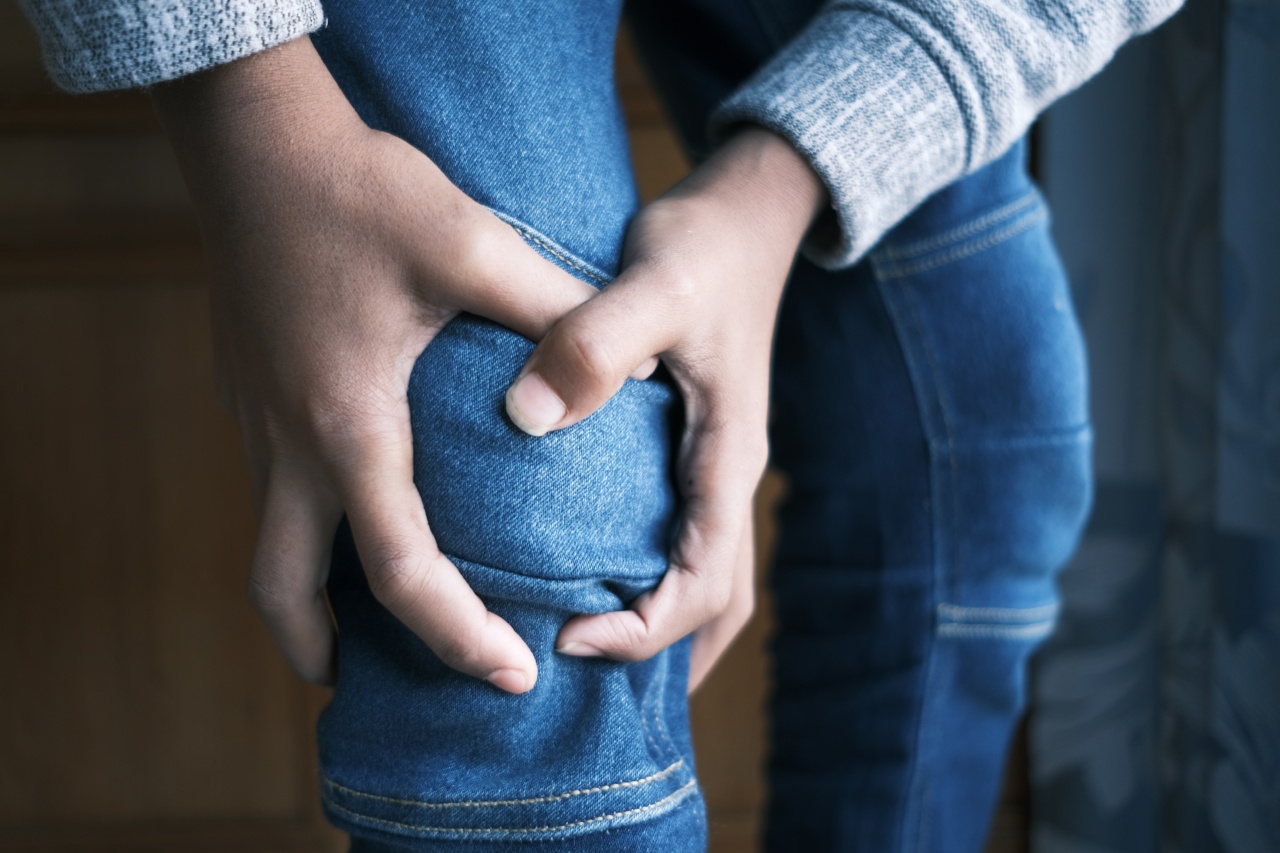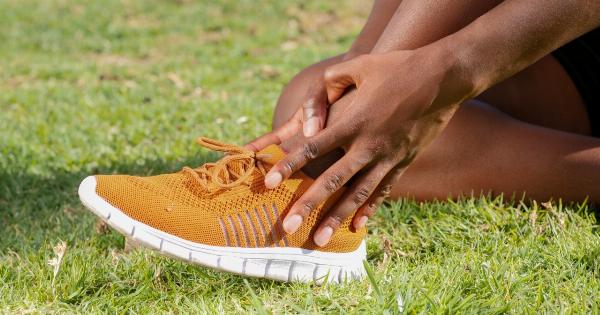Our knee joint is one of the most important parts of our body that allows us to walk, sit, stand, and perform everyday activities. However, due to several factors, we may sometimes experience knee pain or discomfort.
Knee pain is a common complaint, and it can affect people of all ages. In this article, we will discuss different factors that contribute to knee pain.
1. Age
Age is one of the most significant factors that can contribute to knee pain. As we get older, the wear and tear on our joints increase. Cartilages and ligaments that support our joints slowly start to deteriorate.
Since the knee is one of the most active joints in our body, it often experiences a lot of strain and pressure, leading to osteoarthritis, a common type of knee pain in older adults.
2. Injuries
Another common factor that contributes to knee pain is injuries. A knee injury can happen due to sudden impacts, falls, twists, and other types of trauma. The most common types of knee injuries are sprains, strains, and tears.
The anterior cruciate ligament (ACL) and menisci are the most commonly injured components of the knee joint.
3. Overuse
Overuse of the knee joint through repetitive activities such as running, hiking, or jumping can contribute to knee pain. Repetitive motions can cause inflammation, irritation, and microtears in the knee joint resulting in knee pain.
People who engage in high-impact sports or jobs that require a lot of walking or standing for long periods are at an increased risk of developing knee pain due to overuse.
4. Weight
Excess weight can put extra pressure on the knee joint, leading to knee pain. Every extra pound adds four times the amount of pressure on the knee joint.
People who are overweight or obese are at a higher risk of developing knee pain or arthritis than those who maintain a healthy weight.
5. Genetics
Genetics play a role in knee pain as some people are predisposed to certain types of knee conditions such as osteoarthritis. Studies suggest that genetics can account for up to 60% of the variability in osteoarthritis risk.
People with a family history of knee pain or arthritis are more likely to develop the condition than those without.
6. Certain Health Conditions
Some underlying health conditions can contribute to knee pain such as gout, a type of arthritis that occurs due to the buildup of uric acid crystals in the joint. Rheumatoid arthritis is another inflammatory condition that can cause knee pain.
Other conditions such as lupus, chondromalacia patella, and tendinitis can also contribute to knee pain.
7. Poor Posture
Posture plays an important role in our overall musculoskeletal health. Poor posture such as slouching can misalign the joints, adding extra pressure on the knee joint.
Prolonged sitting or standing in the same position can also cause knee pain due to poor circulation and joint strain.
8. Footwear
The type of shoes we wear can also contribute to knee pain. Shoes that do not provide adequate support can alter our gait and put extra pressure on the knee joint.
High heels or shoes with high arches can also cause knee pain, as they put extra pressure on the patella-femoral joint leading to patellofemoral pain syndrome.
9. Weak Muscles
Weakness in the muscles surrounding the knee joint, including the quadriceps and hamstrings, can contribute to knee pain. When the muscles are weak, they cannot support the knee joint, leading to instability.
This instability can cause the knee joint to move and twist in an abnormal way, leading to knee pain and other injuries.
10. Poor Flexibility
Poor flexibility can also contribute to knee pain as it limits the range of motion of the knee joint. When the knees are not flexible, they cannot absorb shock or distribute pressure evenly. This can lead to knee pain and discomfort.




























